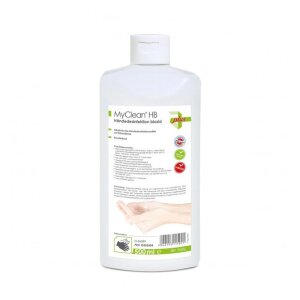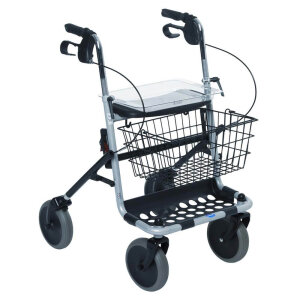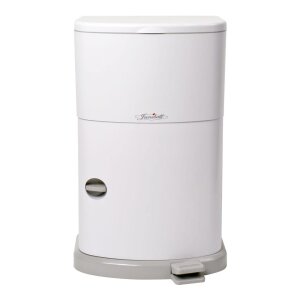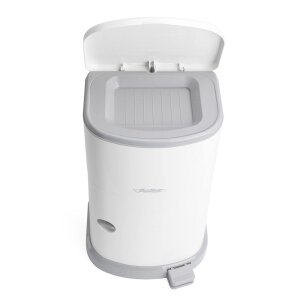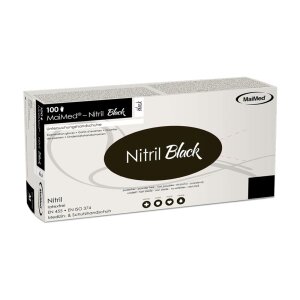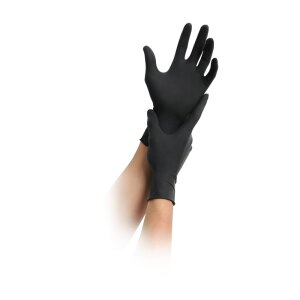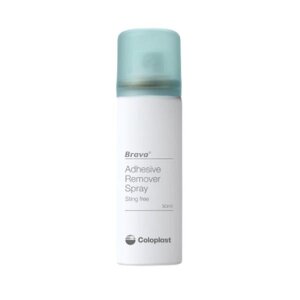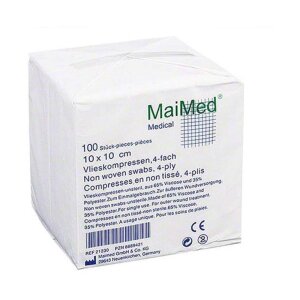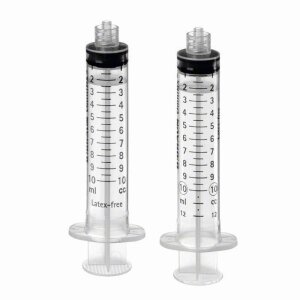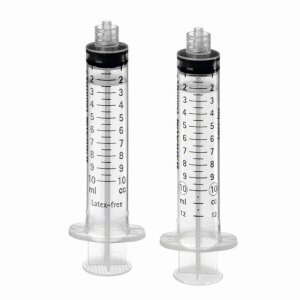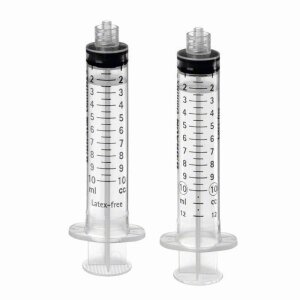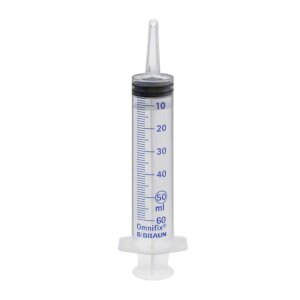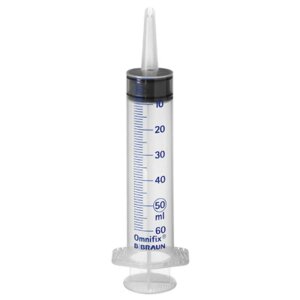

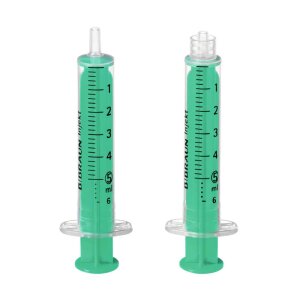
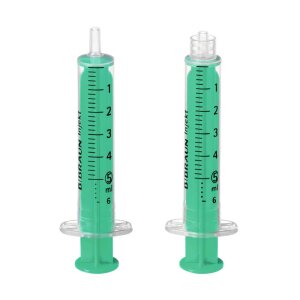
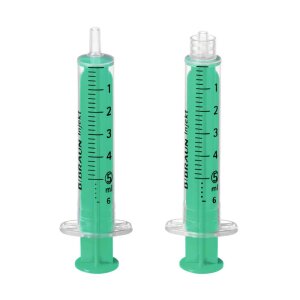
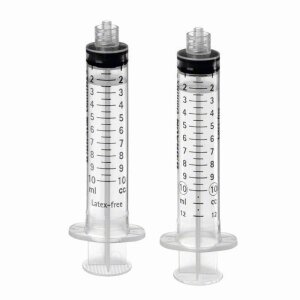
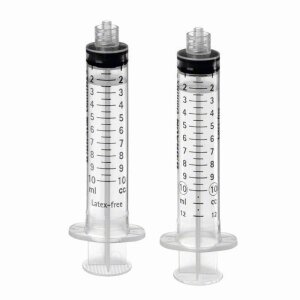
Disposable syringes: An important component in modern healthcare
Disposable syringes are medical devices designed to inject or draw samples from a variety of fluids into the body. They are used in various areas of medicine, including hospitals, doctors' offices, pharmacies and other medical facilities.
Advantages at a glance:
- hygiene: Disposable syringes are sterile, single-use products. They ensure a high standard of hygiene and minimize the risk of infection. They are disposed of after a single use, which prevents cross-contamination.
- infection prevention: The use of disposable syringes significantly reduces the risk of transmission of diseases and infections. Germs or pathogens are prevented from being transferred from one patient to another.
- accuracy of dosing: Disposable syringes enable precise dosing of medication. They are provided with clear scale markings that enable accurate measurement and administration of fluids.
- versatility: Disposable syringes are available in different sizes and volumes to suit different requirements. They can be used for various medical purposes such as injections, blood collection, vaccinations and sampling.
- time and cost efficiency: disposable syringes are ready to use and do not require cleaning or sterilization. This saves time and costs for the maintenance, reprocessing and reuse of syringes.
Different features of disposable syringes
Most disposable syringes consist of a plastic mold containing a plunger. At the lower end is a thin, pointed needle that is inserted into the body to administer fluids or take blood samples. The plunger is used to control the flow of fluid. Pushing down causes fluid to escape from the syringe, while pulling up causes fluid or air to be aspirated from the body.
Disposable syringes are "single-use" devices, which means that they should be disposed of after use and should not be reused. This is very important for hygienic reasons to avoid the transmission of infections. Using a disposable syringe for multiple patients or multiple applications can lead to cross-contamination and increase the risk of infection.
Disposable syringes come in different sizes, which vary depending on the intended use. Smaller syringes are often used for administering medication, while larger syringes can be used for taking blood samples or administering larger volumes of fluid.
If you have any further questions, please do not hesitate to contact us on 04298 - 90 67 370 or by e-mail at service@citycare24.de.
